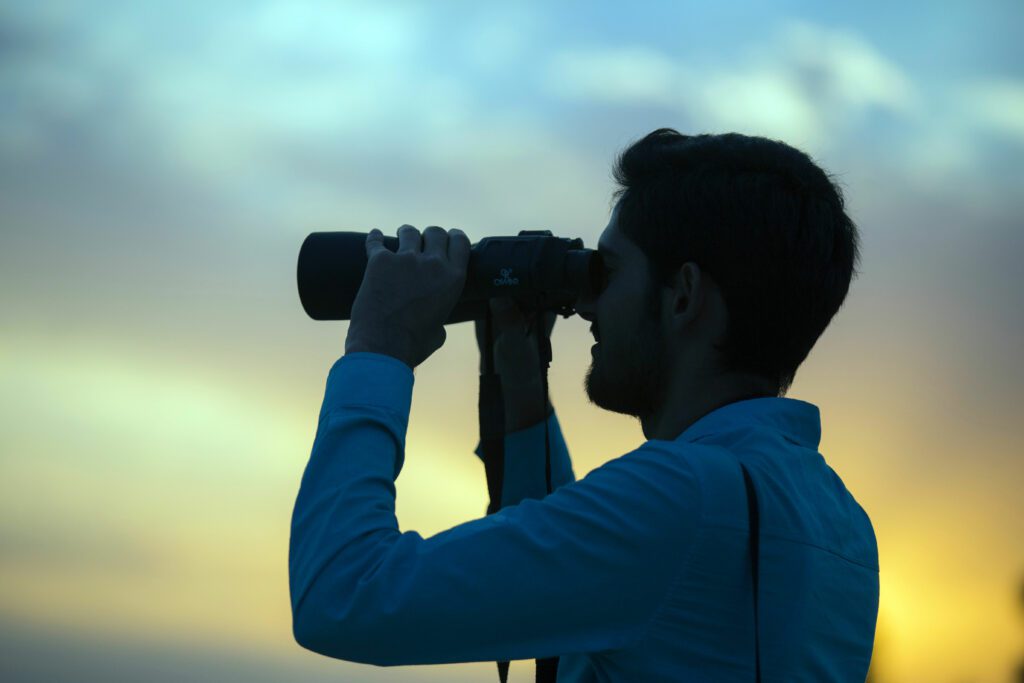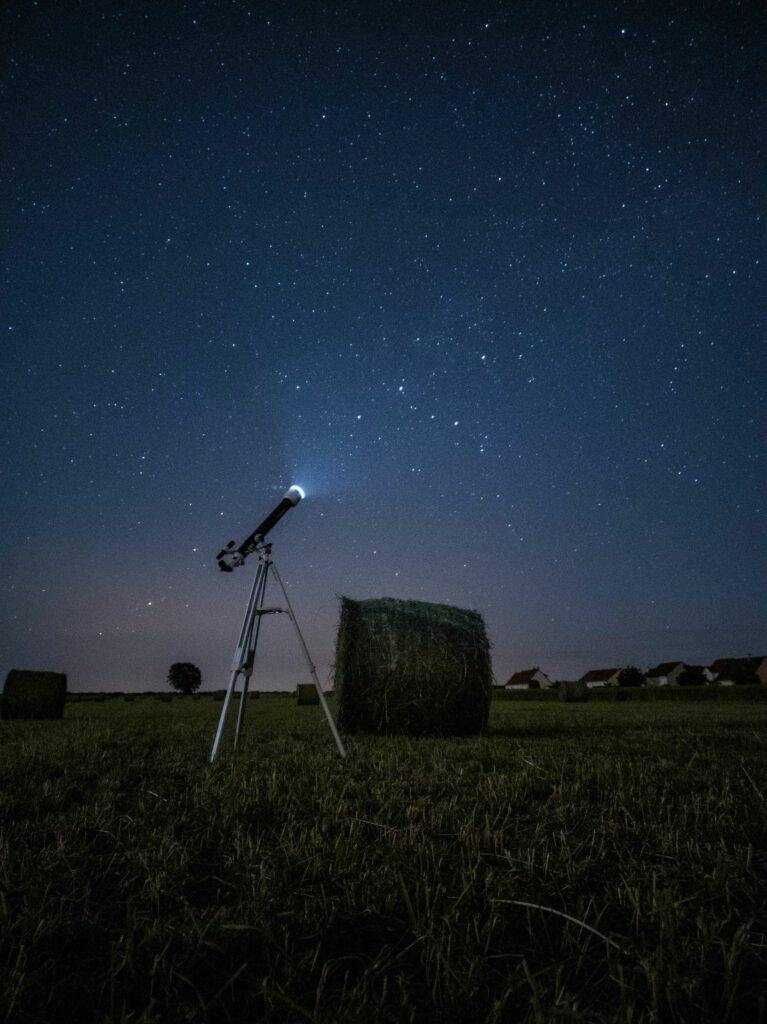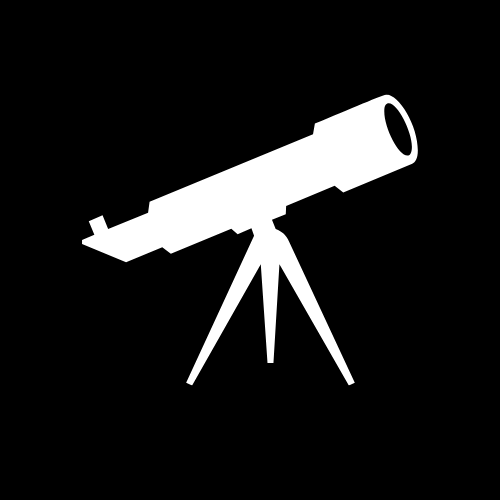Binoculars or telescope?
As someone interested in observing the night sky, one of the first decisions you’ll need to make is whether to invest in a good pair of binoculars or a cheap telescope. Both have their pros and cons, and the decision ultimately comes down to your personal preferences and observing goals. In this article, we’ll explore the advantages and disadvantages of each option to help you make an informed decision.
Key aspects of good binoculars and a cheap telescope
| Factor | Good Binoculars | Cheap Telescope |
|---|---|---|
| Portability | Highly portable, easy to carry and store. | Less portable, larger and heavier. |
| Ease of Use | Simple to use, no setup required. | Requires setup and alignment. |
| Cost | Generally more affordable. | Can be more expensive, depending on quality. |
| Versatility | Useful for both astronomical and terrestrial viewing. | Primarily for astronomical viewing. |
| Maintenance | Minimal maintenance required. | May require more maintenance (alignment, cleaning). |
| Field of View | Wider field of view, good for star fields and clusters. | Narrower field of view, better for focused objects. |
| Magnification | Lower magnification but stable images. | Higher magnification, may need a tripod for stability. |
| Image Quality | Good quality in mid-range models. | Quality varies, higher-end models have better quality. |
| Learning Curve | Easier for beginners and children. | Steeper learning curve, more suited for dedicated hobbyists. |
| Suitability for Astrophotography | Limited suitability. | Better suited, especially with proper mounts and equipment. |

Binoculars
Binoculars are a popular choice among amateur astronomers for several reasons. First, they are portable and easy to use. You can take them with you on camping trips, hikes, or even just into your backyard. They don’t require any setup time or special equipment, making them ideal for beginners.
Another advantage of binoculars is that they offer a wide field of view. This means that you can observe large objects, such as the Milky Way or the Andromeda Galaxy, in their entirety. Binoculars also offer a more natural, 3D viewing experience than telescopes. This can be particularly useful when observing objects like star clusters or the moon.
When it comes to cost, binoculars are generally less expensive than telescopes. A decent pair of binoculars can be purchased for $100, a good telescope can cost several hundred dollars or more. This makes binoculars a great option for beginners who want to dip their toes into the hobby without breaking the bank.
However, there are also some disadvantages to using binoculars for astronomy. One of the biggest drawbacks is that they have a limited magnification range. Most binoculars have a maximum magnification of around 10x. This may not be powerful enough to observe some of the more distant objects in the sky. Binoculars are typically not designed to be used with a tripod. This can make it difficult to hold them steady for extended periods of time.
Telescopes

Telescopes are the classic tool for amateur astronomers, and for good reason. They offer high magnification and the ability to observe faint objects in the sky that would be impossible to see with binoculars. Telescopes are also customizable, with a range of different eyepieces, filters, and other accessories available to enhance your viewing experience.
Another advantage of telescopes is that they allow you to see more detail in objects. For example, you can observe individual craters on the moon or see the rings of Saturn up close. Telescopes also allow you to observe a wider variety of objects, including galaxies, nebulae, and star clusters.
However, telescopes do have some downsides as well. They can be expensive, and require a significant investment of time and effort to set up and use properly. You’ll need to learn how to align the telescope, choose the right eyepieces and filters, and take steps to minimize vibrations and other sources of interference. This can be daunting for beginners, and may deter some from taking the plunge.
Another downside of telescopes is that they have a narrower field of view than binoculars. This means that you may need to move the telescope around to locate objects in the sky, which can be time-consuming and frustrating.
So, which option is right for you?
Ultimately, the answer to “Good binoculars or a cheap telescope?” comes down to your observing goals, budget, and personal preferences. If you’re just starting out and want a portable, affordable option that offers a wide field of view, binoculars may be the way to go. On the other hand, if you’re willing to invest in a more complex and expensive setup, and want to observe faint objects in detail, a telescope may be the better option.
It’s also worth noting that you don’t necessarily need to choose between binoculars and telescopes. Many amateur astronomers use both, depending on the situation. You may use binoculars to locate objects, and then switch to a telescope to observe them in more detail. Alternatively, you may use a telescope for deep-sky observing and a pair of binoculars for more casual stargazing.
When considering which option to choose, it’s important to also think about other factors. Like your observing location and the conditions in which you’ll be observing. If you live in an area with light pollution, you may want to opt for a telescope with a larger aperture. It will be better equipped to gather light and provide clearer views.
Similarly, if you plan to observe during cold weather, you may want to choose a telescope with a sturdy mount. The most important thing is to choose a setup that you’re comfortable with and that allows you to achieve your observing goals. It’s also worth noting that observing the night sky is a lifelong pursuit, and your equipment needs and preferences may change over time. As you gain experience and refine your observing skills, you may find that you want to upgrade your equipment or try out new tools and techniques.
There is no one-size-fits-all answer to the question of whether to invest in binoculars or a telescope as a beginner amateur astronomer. Both have their advantages and disadvantages, and the decision ultimately comes down to your personal preferences and observing goals. By carefully considering your options and doing some research, you can make an informed decision and begin exploring the wonders of the night sky.
FAQ section
What Are the Advantages of Using Binoculars for Astronomy?
Binoculars offer ease of use, portability, and a wide field of view, making them great for beginners and for viewing large star fields.
Can I See Planets Clearly with Binoculars?
While binoculars can reveal some details of larger planets like Jupiter and Saturn, telescopes provide a clearer and more magnified view.
Are Cheap Telescopes Worth Buying?
Cheap telescopes can be a good starting point for astronomy enthusiasts, but their quality and capabilities vary, so it’s important to research before purchasing.
What Should I Consider When Buying a Telescope?
Consider the aperture size, mount stability, and overall build quality. A larger aperture allows more light and clearer images.
Can Binoculars Be Used for Other Purposes Besides Astronomy?
Yes, binoculars are versatile and can be used for bird watching, hiking, and other outdoor activities, adding to their value.
How Important is Portability in Choosing Between Binoculars and Telescopes?
Portability is key if you plan to travel or have limited storage space. Binoculars are more portable compared to most telescopes.
Do I Need Additional Accessories for a Telescope?
Depending on your astronomical interests, you might need additional lenses, a mount, or a tripod for a telescope.
Is It Easier to Learn Astronomy with Binoculars or a Telescope?
Binoculars are generally easier for beginners to use and learn the basics of astronomy, while telescopes offer more depth and detail for serious study.
Are There Any Hidden Costs with Telescopes?
Be aware of potential additional costs like high-quality eyepieces, maintenance tools, and accessories that might be needed.
How Does Astrophotography Compare Between Binoculars and Telescopes?
Telescopes are generally better suited for astrophotography, especially with the right attachments and mounts, compared to binoculars.
